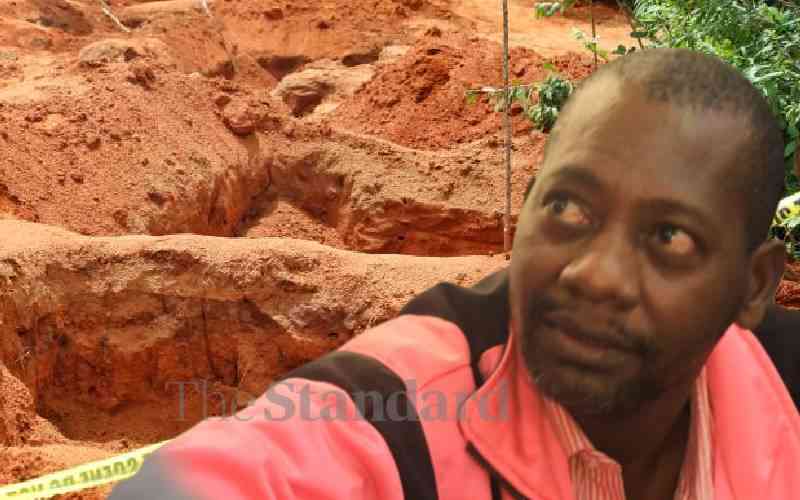×
The Standard e-Paper
Kenya's Bold Newspaper

In the courtroom, doomsday preacher Pastor Paul Makenzi cuts the lonesome image of a rained-on chicken.
Except on Wednesday this week when the Magistrate beguiled his power over his followers, and he glowed, Makenzi has been nothing but a shadow of his former self.